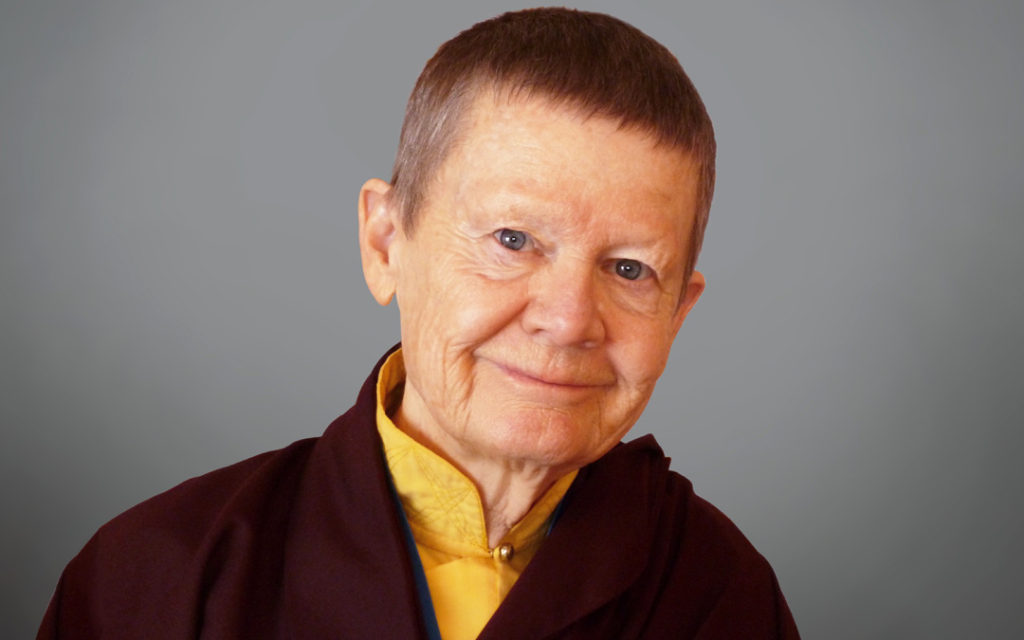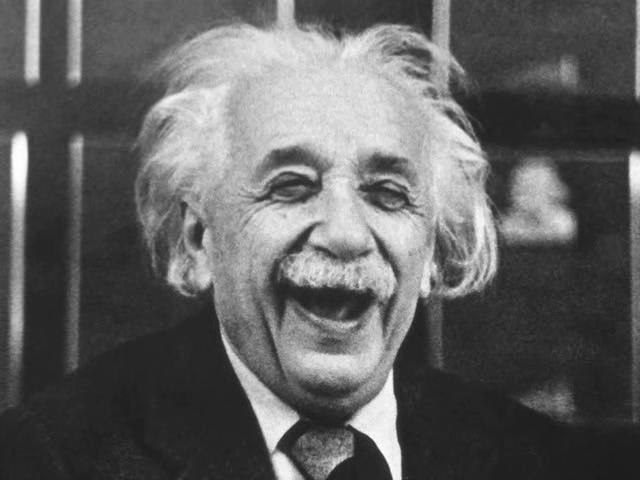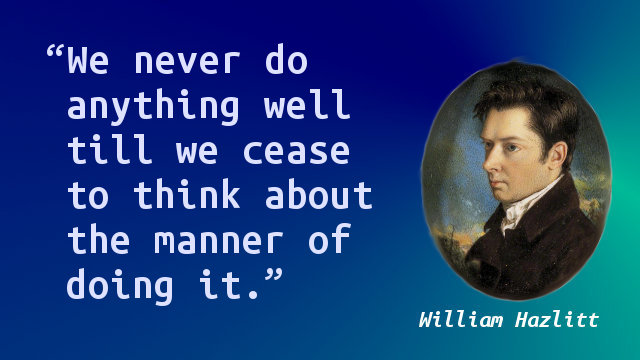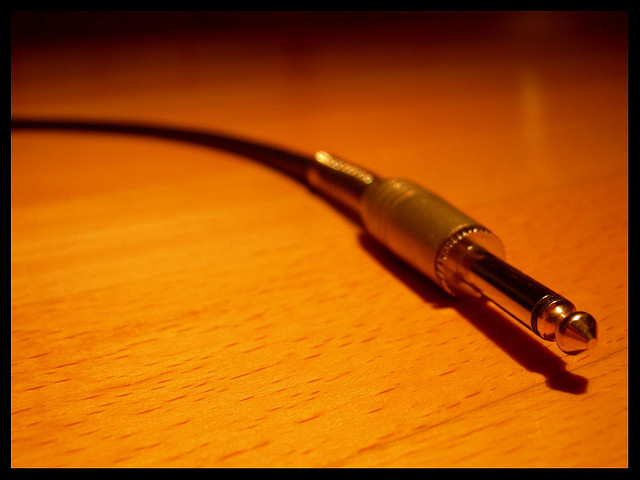“The truth you believe in and cling to makes you unavailable to hear anything new.”
-Pema Chödrön, American Buddhist nun

Image of Pema Chödrön from calmfulliving.com
When was the last time you had a discussion with a friend, family member, or colleague in which they said, “I know” one or more times?
Consider that at such moments their beliefs and opinions are firmly cemented into their minds. Unfortunately, in many cases, they have literally stopped listening to any other perspective.
Turning this situation around, how often do you say “I know” to others, or just covertly think it to yourself?
EXERCISE:
Where and on what subjects are you clinging too tightly to your own point of view or perspective, making you unavailable to new possibilities?
How would an “I don’t know / I’m not sure / I’m curious” perspective create the greatest value?






 How many activities in the following list have you engaged in over the past year?
How many activities in the following list have you engaged in over the past year?

